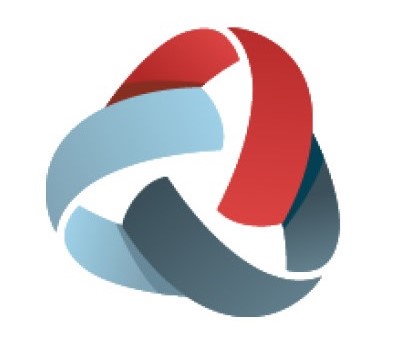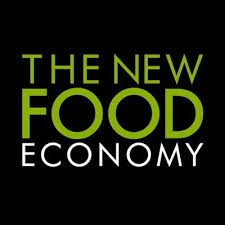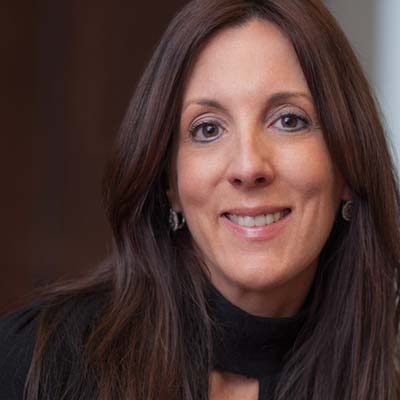Mission Throttle Teams with Michigan Women’s Foundation to Increase Access to Detroit’s Microloan System
The Michigan Women’s Foundation (MWF) has selected Mission Throttle to analyze the market demand for expanding its existing Microloan Fund. The Michigan Women’s Microloan Fund provides start-up and growth capital to women entrepreneurs and small business owners.
Existing and new business owners in Detroit are greatly in need of capital to spur the growth of their businesses, yet conventional monies, even those from CDFIs, often do not meet the needs of these individuals. Many business owners are in need of smaller loans (less than $25,000), which most financial institutions are challenged to provide. MWF has successfully demonstrated its ability to deploy micro-loans ranging from $5,000 – $50,000; this success is closely tied to the invaluable education and mentoring programs that complement its loans.
While this funding gap is commonly acknowledged, most intermediaries are unable to provide the entrepreneurs with the breadth of technical assistance and resources to fully activate their ideas. Mission Throttle and MWF will work in partnership to expand access to the Detroit micro-loan ecosystem, and identify opportunities to further develop this critical piece of the funding continuum in Detroit.
“MWF is keenly aware that this program needs to be scaled to meet the demand for capital. As a result, MWF is eager to develop the financial and operational infrastructure necessary to promote women-owned businesses, and to create positive economic impact for the city of Detroit,” said Carolyn Cassin, President & CEO, Michigan Women’s Foundation. “By providing women who are starting and growing their businesses with the support they need, MWF works to eliminate barriers to economic and social equality and helps build a stronger entrepreneurial ecosystem.”
“We believe in creating sustainable, replicable solutions to complex problems,” said Susan Gordon, Managing Director of Advisory Services for Mission Throttle. “It is our hope that the result of this collaboration with Michigan Women’s Foundation will not only benefit women-owned businesses in the city of Detroit, but provide a model that will help open doors to economic opportunities for women throughout Michigan.”
About Mission Throttle
Mission Throttle is an advisory firm dedicated to accelerating philanthropic innovation in our community. We advise, invest in, and support mission-driven organizations that seek to use market-based strategies to address social and environmental problems. We are deeply passionate about our work and believe that merging business solutions and philanthropic values is the best approach to achieve sustainable social impact.
About Michigan Women’s Foundation
With a 31-year history of high-impact work, Michigan Women’s Foundation is devoted to fostering economic empowerment for Michigan’s women and girls through philanthropy and investment. In response to a compelling need for women to further advance their social, economic and professional well-being, MWF and its partners and supporters are committed to creating financial and intellectual improvements for women and girls.







